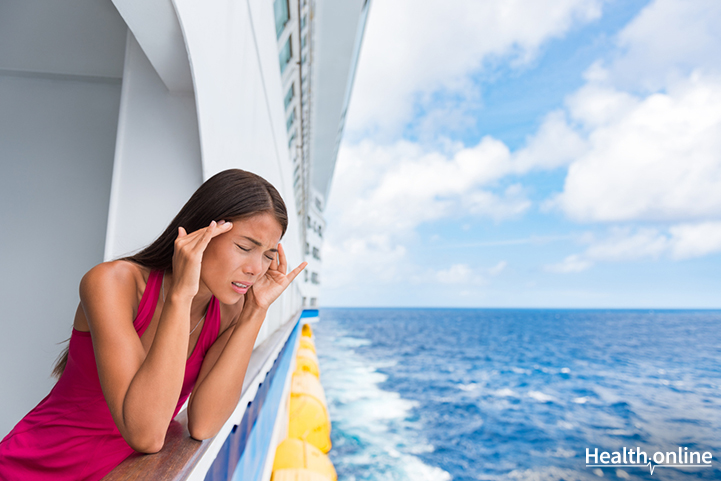
How to Deal with Sea Sickness
What is seasickness?
Seasickness, which is also known as motion sickness, is associated with the inner ear. Specifically, it is linked to disturbances in the inner ear. In fact, seasickness is one of the fears that cruise travelers have much before they start their journey. Stress levels are consequently high among these travelers, especially the ones who are traveling on a ship or a cruise for the very first time.
What are the causes of causes?
A major cause of seasickness is repeated motion. Repeated motion is usually associated with movement of vehicles, such as ships or planes. The sensations that the individual feels in the inner ear change, which leads to seasickness. This mainly affects young kids, people with a migraine and pregnant women.
How to avoid seasickness:
There are several ways to prevent seasickness. Here are some of the most effective means of doing so:
- If you are on a ship, avoid spending too much time at the top of the ship. Instead, try to stick to areas where there is a better balance in the ship. By doing so, you will feel more comfortable, and avoid getting stressed out or feeling seasick.
- When you are on the beach, stick to the places where the waves are a bit far off from you. This will ensure that there is a balance in the sounds you come across on the beach.
- Avoid heavy foods, excessively oily foods or alcohol during any sea-travel, or just before you have started your journey. These types of foods lead to discomfort and vomiting while traveling. Instead, stick to light meals, and carry light snacks and fruits with you. Also, make sure you avoid excessive caffeine drinks in your journey.
- Your sitting position is significantly linked to the feeling of seasickness or motion sickness. Try to avoid sitting opposite to the direction of your travel. It is also important that you sit up straight, rather than lying backward. This helps you avoid the different sound effects, which usually lead to motion sickness.
- Try to avoid spending too much time around other individuals who feel or have seasickness. Witnessing someone else suffering from the symptoms of seasickness can sometimes trigger seasickness in yourself.
What to do if you become seasick:
- Over the counter, antihistamines are one of the best treatments for seasickness. If you feel that you can’t tolerate the discomfort of seasickness, then you can take this medication.
- If the feeling of discomfort or symptoms of seasickness persists after a few days, then you can consult a doctor and get the required treatment.
- It is always recommended that you avoid any delay in getting treated for your seasickness. This will ensure that you get treated in time, and avoid any complications that may arise due to seasickness.
Follow the aforementioned pointers, and you will soon be able to take to the seas without worrying about feeling seasick!




